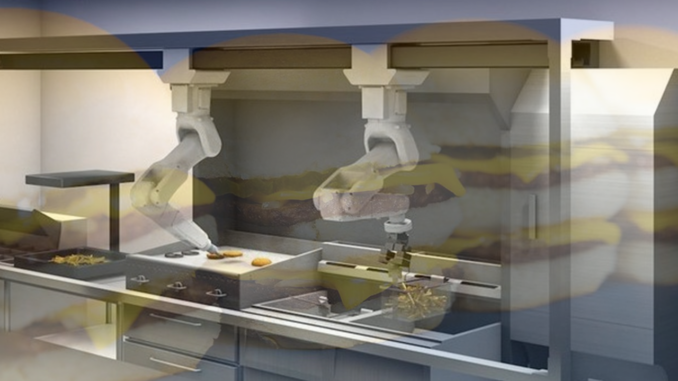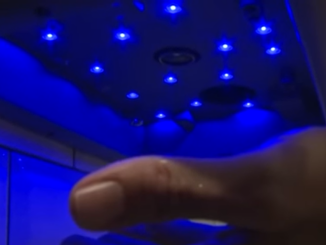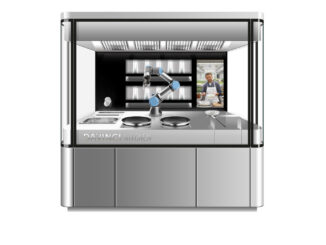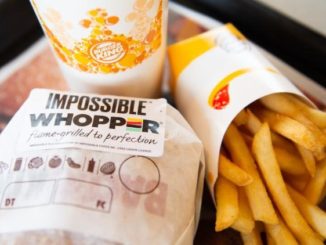
By RTN Staff - 7.14.2020
Hit hard by the COVID-19 pandemic, even the largest chains in the restaurant industry have been forced to reexamine their business operations. By adopting innovative and forward-looking technologies – like robotics automation and artificial intelligence – restaurants may have a better chance of building a kitchen that streamlines food preparation while helping to reassure customers of food safety.
One major fast food brand that is embracing these forward-looking technologies is White Castle, which owns and operates more than 365 restaurants in the United States. The company announced this week that it is partnering with Miso Robotics – maker of the first autonomous grilling and frying kitchen robot – to accelerate the adoption of artificial intelligence and robotics in the restaurant industry.
As part of the deployment, White Castle will bring the new version of its Flippy robot solution, dubbed Robot-on-a-Rail (ROAR), into kitchens for testing and future integration. The deployment will put autonomous frying to work for enhanced production speeds, improved labor allocation and an added layer of health and safety in the cooking process.
The initiative creates an avenue for reduced human contact with food during the cooking process – reducing potential for transmission of food pathogens. It also brings intelligence to cooking, tapping into sensors, intelligent monitoring and anticipated kitchen needs to keep food temperatures consistent, that ensure optimal quality and a perfect bite for customers. By automating repetitive, time consuming and dangerous tasks like frying, it should be possible to redeploy cooks and other food preparation employees to more customer-experience driven tasks.
Founded in 1921, White Castle is commonly regarded as the first fast food restaurant chain. Throughout its nearly 100-year history, White Castle created the framework for the modern QSR business model and is said to have reinvented the fast food restaurant experience. It has also taken the lead on other technology-enabled initiatives, including, for example, the introduction of plant-based burgers from Impossible Foods, which the company began offering last year across all of its locations.
Miso, which employs a team of scientists, roboticists, engineers and industrial designers, was founded with a mission to leverage AI technology to help chefs cook food perfectly and consistently and enable restaurants to increase labor productivity, reduce costs and drive profitability while improving the overall dining experience. Its Flippy ROAR will deploy at White Castle later this fall.
“White Castle is an industry innovator, and we take a great amount of pride in our history – never forgetting about the future ahead,” said Lisa Ingram, 4th generation family leader and CEO of White Castle, in a press statement. “With 100 years of quick service success, the time has never been more perfect to envision what the next century of White Castle and the restaurant industry looks like.”
The deployment will test speeds in production, taste, quality and operational optimization with backend POS integration. Following integration, Flippy ROAR’s zero-footprint design will be tested to improve employee and food preparation, for wider location integration.




